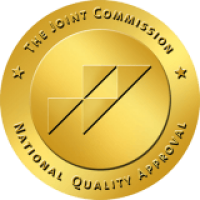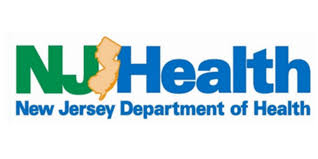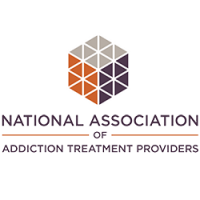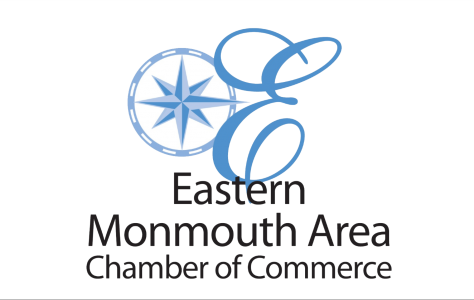drug & alcohol treatment in new jersey
Seacrest Recovery Center
Your First Step To A New Life
Is Mental Health Counseling Included With Drug Rehab
Gone are the archaic days of assuming that addiction is a matter of ‘poor choices.’ Not only has the American Medical Association classified addiction as a disease, it is well-known that substance abuse is significantly more than a supposed lack of willpower. Addicts have long since lost control over their disease.
Addiction is pure hell. The life of an addict is immersed in chaos, isolation, misery, and extreme loneliness.
Depending on the depths to which they have fallen, they may have lost everything. However, addiction is not measured solely by material losses. What is commonly referred to as ‘rock bottom,’ can be a single event, a culmination of events, a state of mind, and/or all of the above.
Worse still, addiction is truly a family disease. Addiction profoundly affects the lives of all who love the addict. It is not a solitary affliction.
Watching helplessly as your loved one plunges deeper into despair – constantly on edge, dreading that phone call – is no way to live.
There is no need to suffer any longer. The first step towards healing involves detoxification and a stay in an inpatient facility. Countless options are available for help. As the need for addiction treatment continues to grow, so too does the need for rehab centers. While insurance can certainly make treatment more affordable, it is not required for all facilities. Furthermore, there are a wide range of prices for the total cost of treatment. It is entirely possible to find a facility that accommodates your budget.
A myriad of factors contribute to addiction, many of which include mental health. In fact, a common question asked by people considering treatment facilities is if mental health counseling is included with drug rehab. The short answer: it absolutely should be.
Is mental health counseling included with drug rehab?
Effective addiction treatment involves addressing the root of the problem, much of which includes mental illness and/or trauma therapy. The appropriate facility will take a holistic approach to addiction and pinpoint the root of the problem. If the psychological component is not discovered and addressed, treatment will merely serve as a detox. Consider the possibility of a revolving door. This is the danger if mental illness is not properly addressed within a rehabilitation center.
Here are four of the top mental illnesses associated with addiction:
- Depression
- Anxiety
- Bipolar Disorder
- PTSD
These are unequivocally the most common mental illnesses amongst adults – and not surprisingly, the most common found in those who suffer from substance abuse. Many addicts look to self-medicate with alcohol and drugs as a direct result of their mental illness. Not surprisingly, one compounds the other, and it perpetuates an ongoing cycle.
When a mental health condition is properly diagnosed, healing can truly begin. Counseling options are available, from group therapy to individual sessions. Being able to bring one’s thoughts, feelings, and personal burdens into the light is a crucial first step to ending the darkness. Additionally, there are medications available to alleviate the symptoms associated with mental health ailments. For most, the combination of therapy, medication, and a sustained support system proves effective.
In the field of addiction medicine, the presence of a mental illness is called a co-occuring disorder. The vast majority of addicts suffer from a co-occurring disorder and addressing the affliction of the mind is the first step. Many times, when addicts find themselves properly medicated and undergoing a regular therapy regiment, their mental health symptoms improve exponentially.
Co-occurring disorders manifest themselves in different ways. Not only are substances a means of coping from the symptoms of a mental health condition, they are just one of many ways that can add fuel to the proverbial fire. Without proper counseling for mental health, trauma therapy, and the assistance of a qualified professional, progress can become stagnant.
The best facilities integrate a philosophy which recognizes co-occurring disorders. It is far too simplistic to dismiss an individual as ‘just’ an addict, as too many variables come into play. Address the mind, body, and spirit, and the addict or alcoholic is well on their way to a better, brighter future.
If you’re ready to journey on the road to recovery, call 833-610-1174. Our counselors are available 24-hours a day and will gladly assist you. It is possible to be free from bondage.
OUTPATIENT RECOVERY PROGRAMS
There is no one-size-fits-all when it comes to addiction. Every person is unique and deserves the proper placement in the right program to best avoid potential relapse. Our “Phase Back to Life” outpatient programs combine the love, care, compassion and structure of a traditional rehabilitation center – along with a real life recovery program. We know you just want your loved one back and some peace of mind. That’s exactly how we designed our program. Call us today to learn more.
Our Programs
Our well-appointed facilities will ensure that your loved one is comfortable and safe. We have taken great care to ensure that each individual feels at home from the start, so they are ready to engage in a life of recovery. We have thought of everything to make sure it’s all taken care of.




Get Started Today
Simply complete the form below and we will reach out to you right away.
